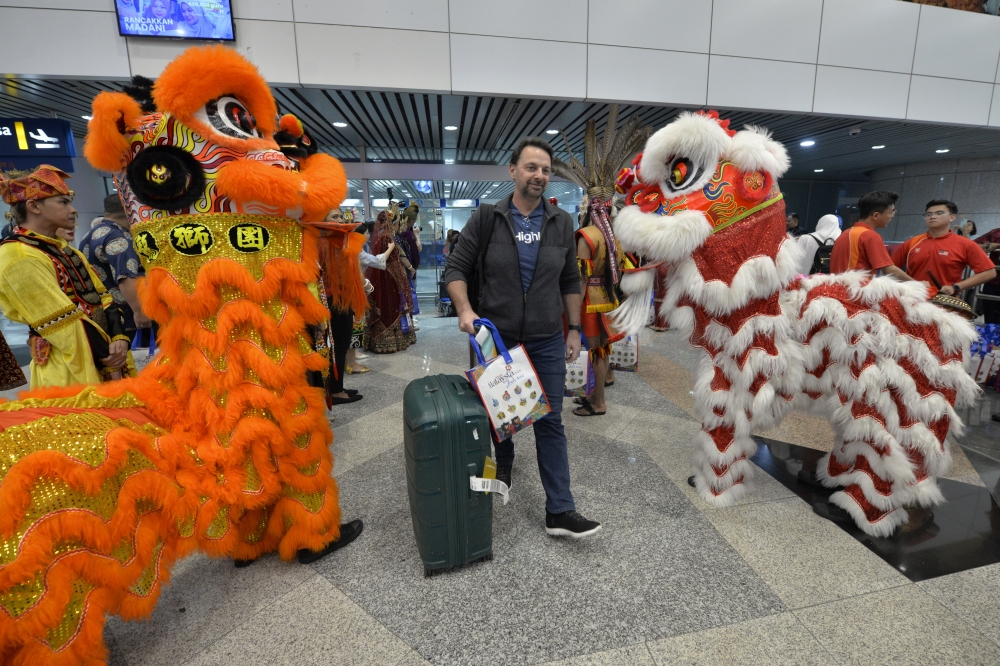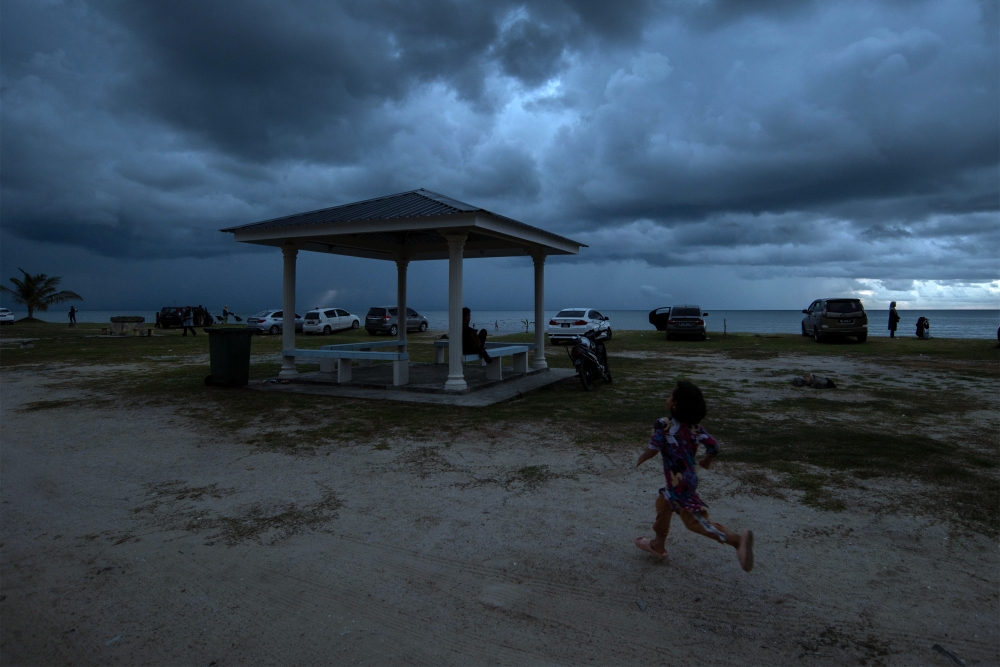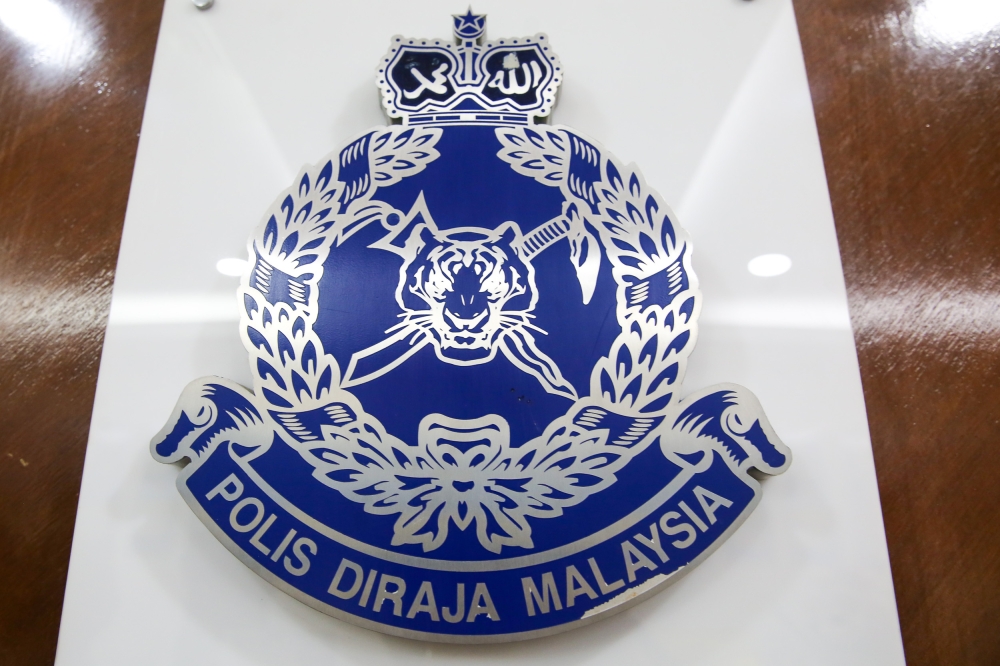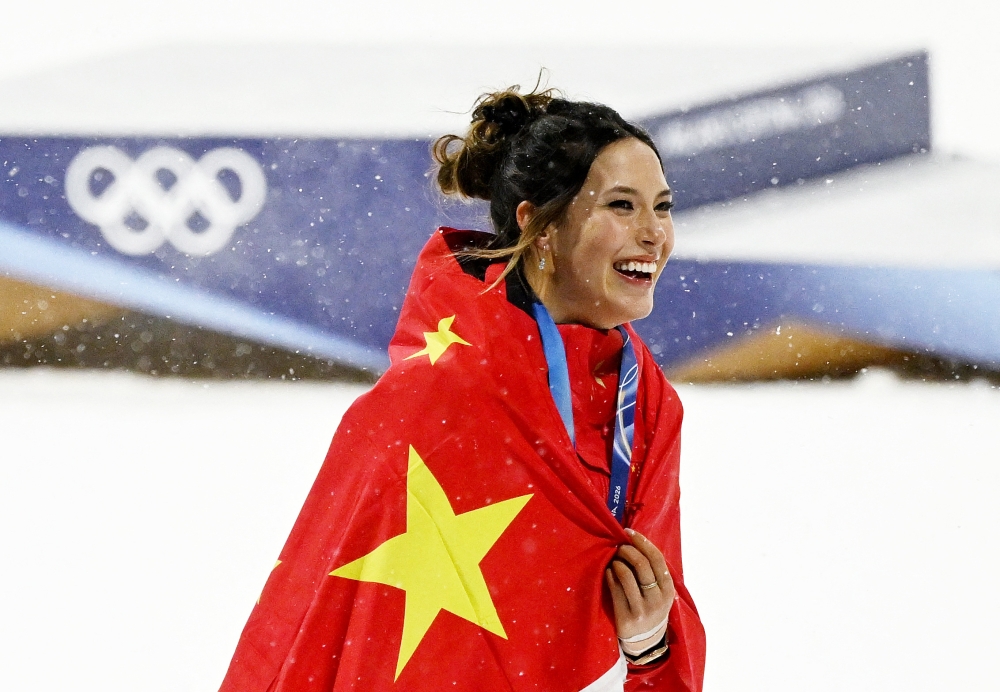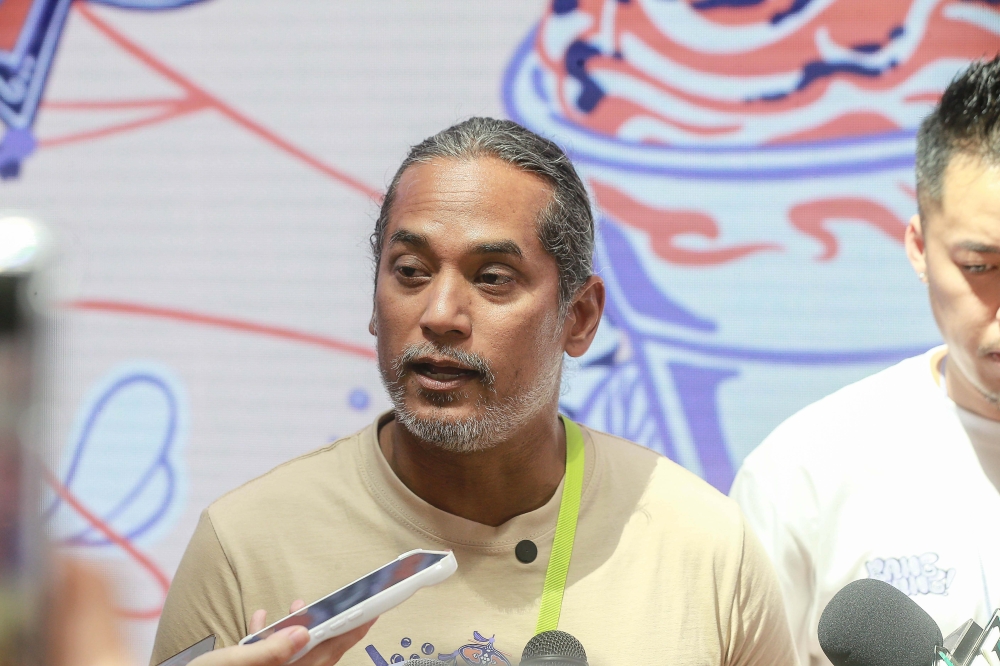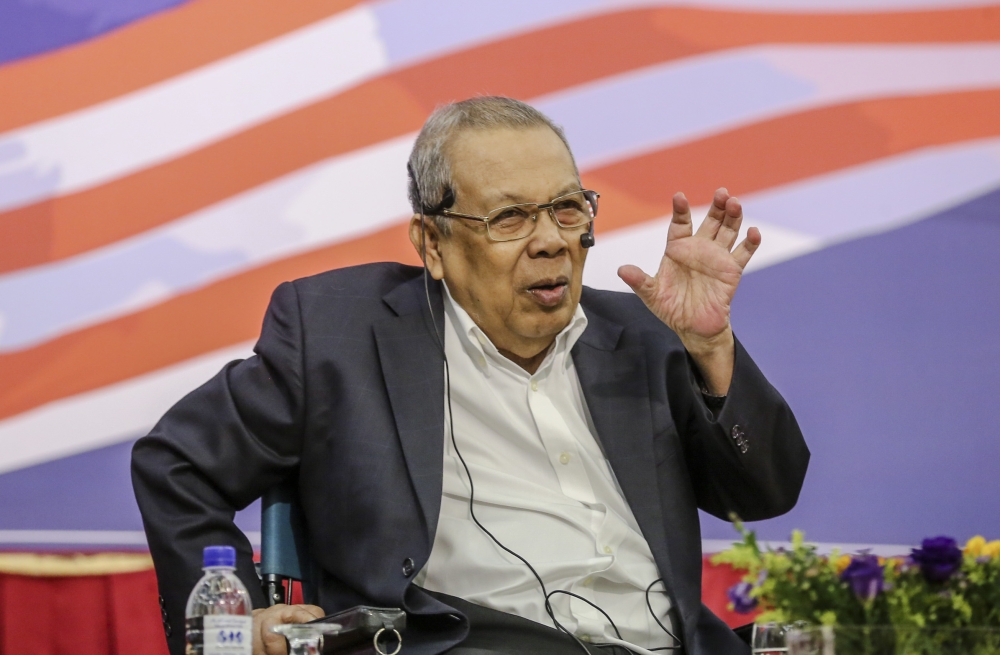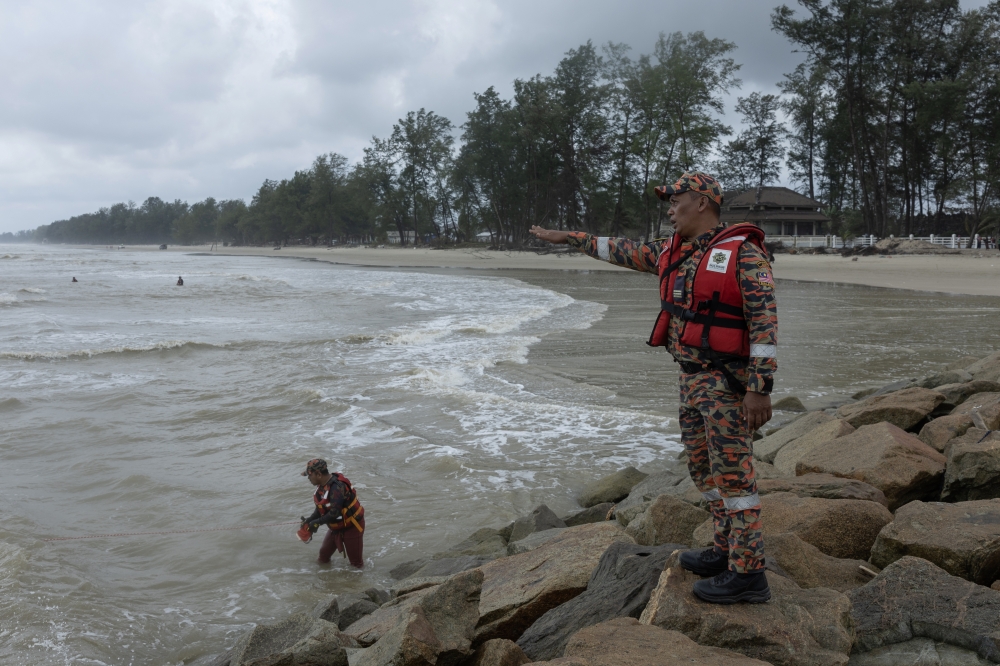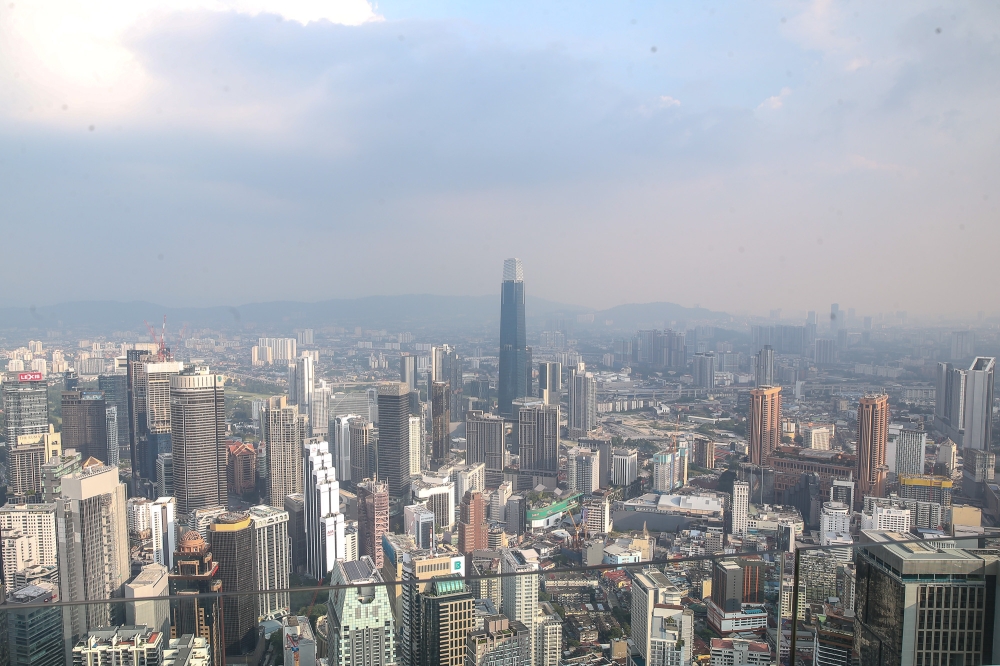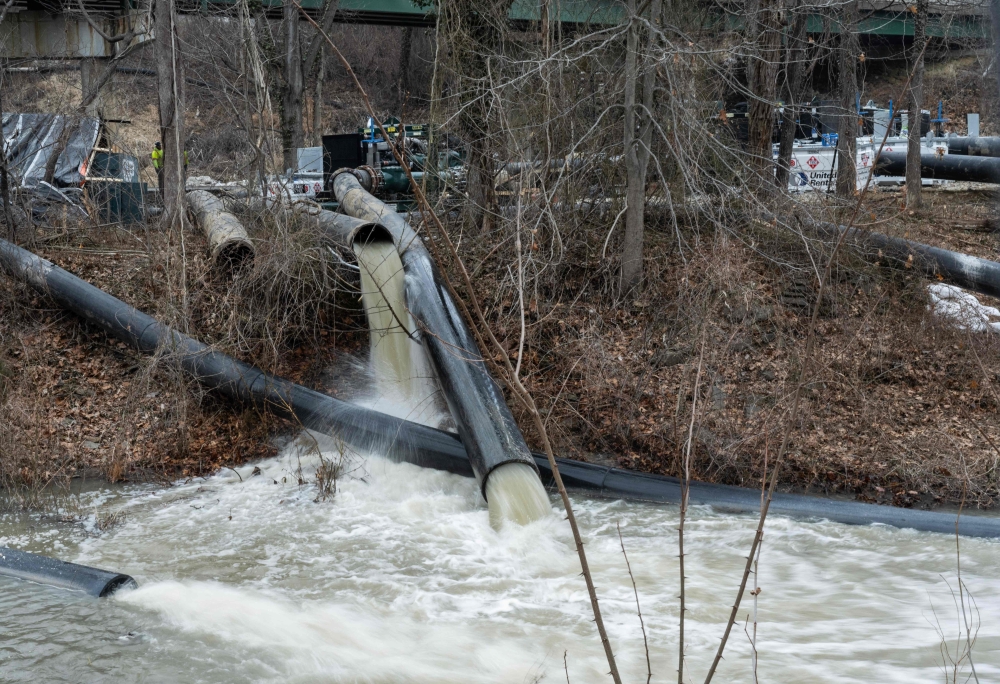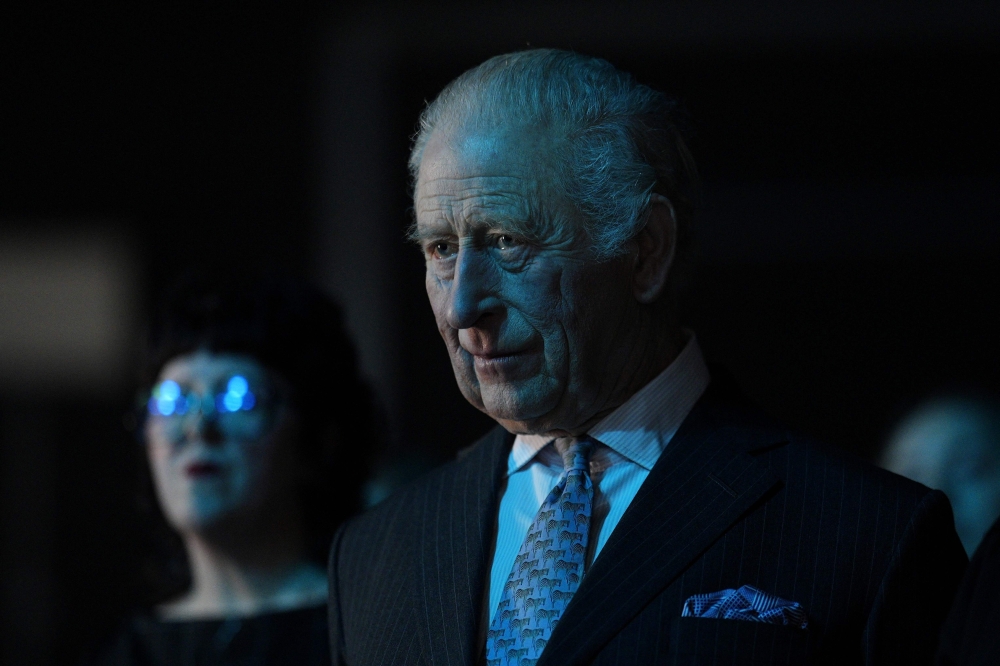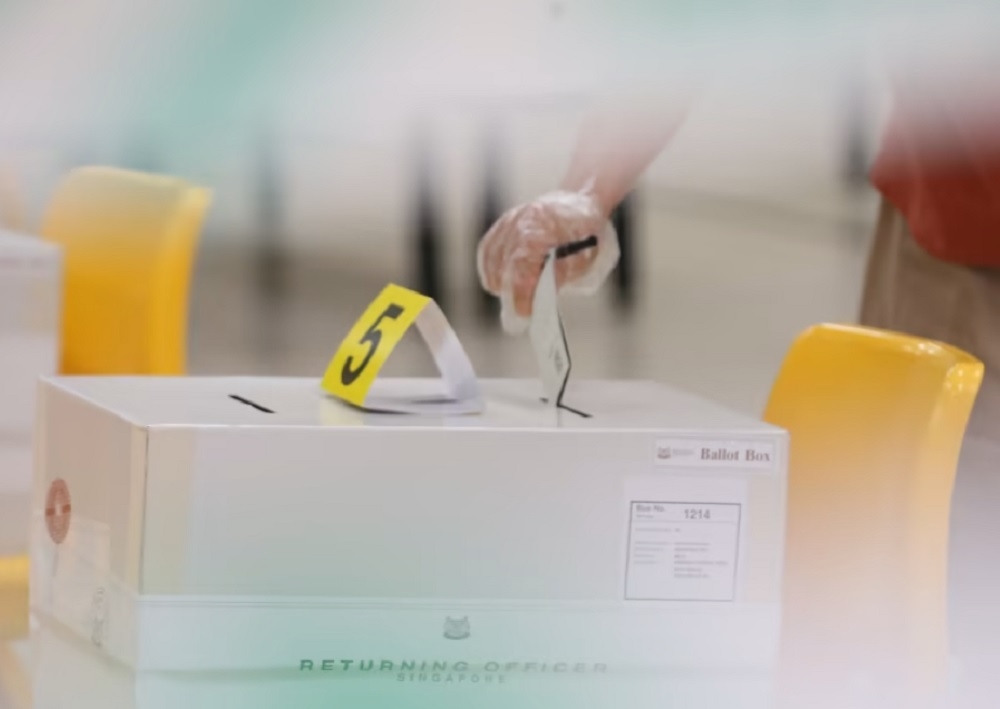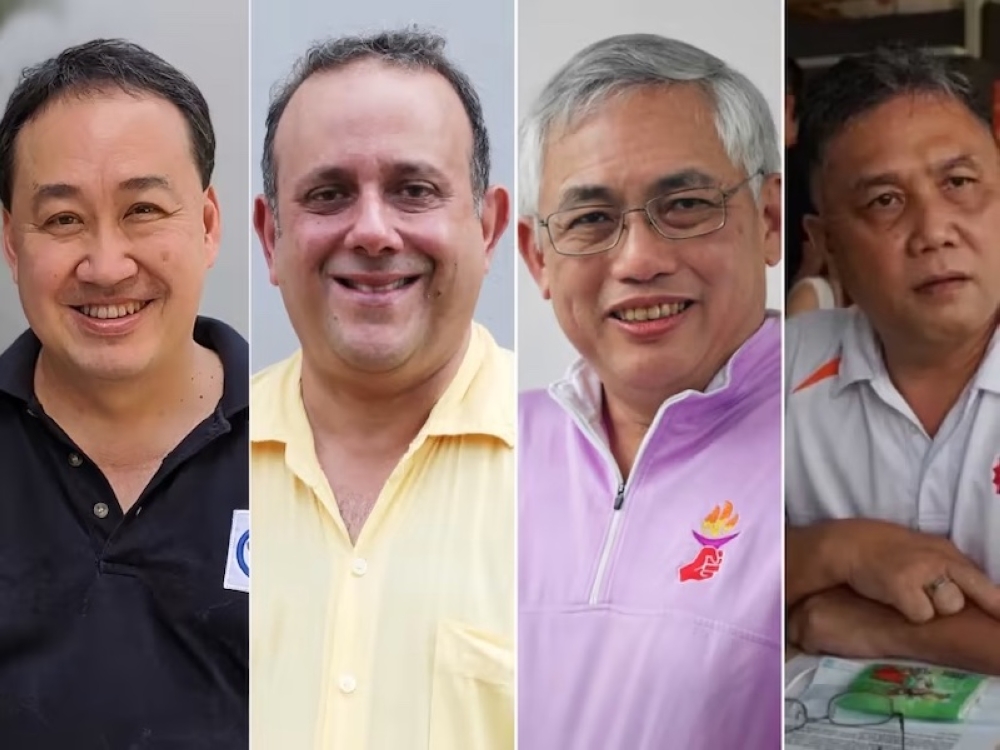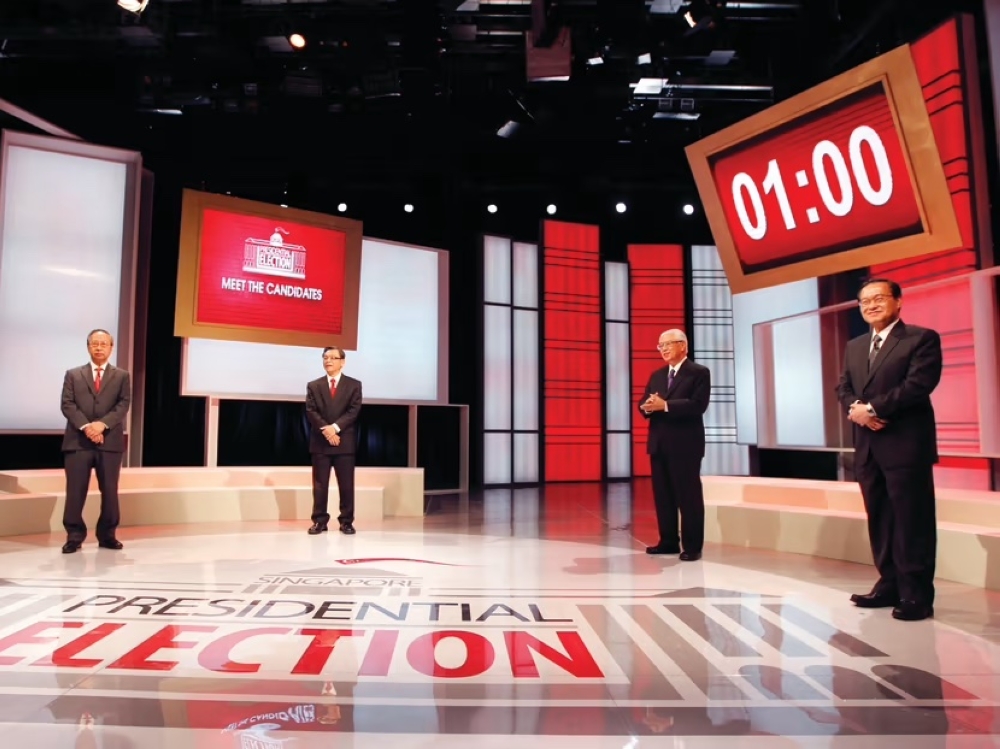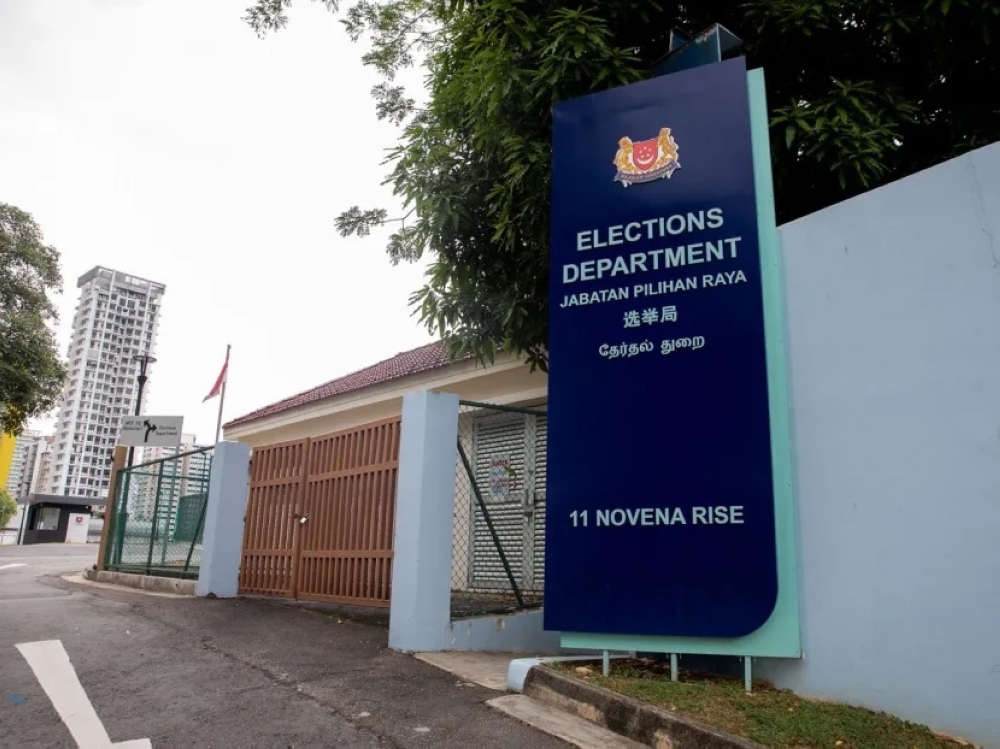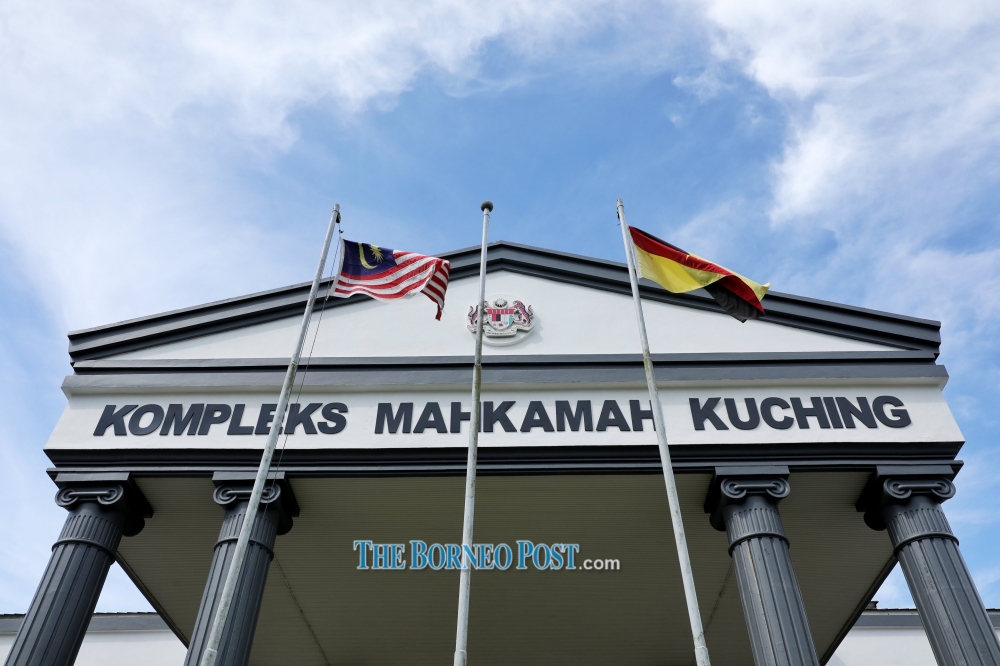SINGAPORE, June 5 — The announcement last week that four opposition parties are forming an alliance to contest the next General Election (GE) would benefit the parties more in terms of political survival and less by boosting their chances of winning a constituency, political analysts said.
The analysts noted that Singapore’s opposition political landscape is dominated by the Workers’ Party (WP) and Progress Singapore Party (PSP) and that the four relatively minor parties may risk becoming marginal players or even irrelevant given that backdrop.
They told TODAY that forming the alliance to pool resources and speak with a collective voice, for example, could help to mitigate this risk. One analyst suggested that prominent leaders in the alliance could band together to contest a Group Representation Constituency (GRC).
Last Thursday (June 1), the four parties announced that they would form The People’s Alliance, to contest the next GE, due by 2025. The four parties are: Peoples Voice, Reform Party, People’s Power Party and Democratic Progressive Party.
None has a Member of Parliament (MP). The four parties will continue to exist but will contest the GE under The People’s Alliance banner.
In a fragmented opposition landscape, WP is the dominant opposition party with nine MPs, including its leader Pritam Singh who has been designated Leader of the Opposition.
PSP has two Non-Constituency MPs in the current Parliament. Another relatively prominent party is the Singapore Democratic Party (SDP), although it has no representation in Parliament.
Responding to queries from TODAY, Goh Meng Seng, secretary-general of the People’s Power Party who is also the organising secretary of the newly formed coalition, said that the alliance had contacted only political parties which had showed interest in formally working together.
“The voice of the people on the ground has become louder and stronger to urge us to form an alliance so (as) to work more effectively as a political platform,” Mr Goh said.
He claimed that there were many reasons behind the stronger call for a meaningful alliance, adding that people are “definitely not satisfied with the current political setting and situation in many aspects”.
TODAY sought a comment from Lim Tean, secretary-general of The People’s Alliance, and head of Peoples Voice.
Lim referred to the coalition’s June 1 statement on its formation, and said he had nothing to add, “save that the work of expanding our cooperation with other opposition parties and expanding the alliance is an ongoing one”.
‘Stronger appeal to voters’
The formation of the alliance could allow the four parties to make a stronger appeal to voters, analysts told TODAY.
It may also slightly elevate their chances at winning a constituency at the next GE, although this depends on the particular constituencies in question and the other candidates contesting them.
Associate Professor Eugene Tan, from Singapore Management University’s (SMU) school of law, said that the parties could pool financial resources, election candidates, volunteers and activists.
“More importantly, speaking with a collective voice can also help them pitch their political message and intentions in a unified manner. In so doing, they could make a stronger appeal to voters,” he said.
“Most significantly, when it comes to the elections, they can also help avoid three-way fights, which also means the real likelihood of the party finishing last losing the electoral deposits.”
Under Singapore law, candidates lose their deposit if they attract one-eighth or fewer of the votes polled in their constituency.
For parliamentary elections, the deposit is equivalent to the fixed monthly allowance payable to an elected MP for the month immediately before Parliament was dissolved, rounded off to the nearest S$500.
“Most significantly, when it comes to the elections, they can also help avoid three-way fights, which also means the real likelihood of the party finishing last losing the electoral deposits,” said Associate Professor Eugene Tan, from Singapore Management University’s school of law
‘A single party brand’
Assistant Professor Elvin Ong, from the National University of Singapore’s (NUS) department of political science, said that forming “a single party label and brand” could help reduce voter confusion over the opposition.
He suggested that the four parties’ prominent leaders — Kenneth Jeyaretnam, Lim, Goh and Mohamad Hamim Aliyas — could be presented together to contest a GRC.
“Theoretically, voters in a GRC might perceive this group of prominent leaders to be more credible than a group of relatively less well-known candidates and may be more persuaded to vote for them as a group,” he said.
“Whether this is true or not in reality will be anyone’s guess.”
Nydia Ngiow, managing director of consultancy BowerGroupAsia (Singapore), said resources are a key issue for opposition parties.
“Politics in Singapore has largely split itself between support for the ruling People’s Action Party and the opposition, with a stumbling block for the opposition being the lack of resources and expertise, or personality politics that split support for the opposition between the variety of parties that exist,” she said.
“A coalition could effectively ameliorate many of these concerns by pooling the resources, expertise and pull of these individuals into a single group.”
Ong said it is possible to envision a scenario where WP contests mostly in eastern areas, PSP in western areas, while SDP and The People’s Alliance contest mostly in the central and northwestern areas.
“This general geographical allocation might help serve to build more familiar party brands and identities for voters in specific constituencies, thereby leading to greater perceived credibility.”
Ong added that it would help ensure that the opposition parties are not too overstretched in terms of resources when campaigning across different areas in Singapore.
Alliance has ‘some drawbacks’
Nevertheless, analysts told that the formation of an alliance is not without its drawbacks, including diminishing individual parties’ unique political strategies.
And while contesting the GE as a coalition might slightly elevate their chances of winning a constituency, the likelihood of a win is still rather low, said analysts, all the more so given the absence of the three larger opposition parties — WP, PSP and SDP — from the alliance.
Felix Tan, a political analyst at the Nanyang Technological University (NTU), said that while the four parties in the alliance had garnered enough niche support in the last few elections to earn back their electoral deposits, the support was still quite weak and the chances of the coalition winning constituencies remained low.
They might have “a bit more impact” in a three-cornered fight, where one of the contesting parties is The People’s Alliance, said Tan, though it is unlikely to be a big impact without the buy-in of the three larger opposition parties.
Agreeing, Ong from NUS said: “Should the likes of Workers’ Party or Progress Singapore Party be part of the alliance, then political heft is added to the alliance.”
Ngiow noted that the parties that form The People’s Alliance had some of the smallest vote shares in the previous elections, and that even collectively, they were unlikely to get enough votes to win seats from the PAP or even the main opposition parties in the current landscape.
She said the parties may also face reputational issues such as the fact that Lim Tean had previously been charged with breach of criminal trust.
“Their banding together will likely be seen as the inevitable recourse of smaller parties rather than a credible contender, especially since they have not provided a cohesive manifesto thus far,” she added.
Alliance’s success ‘depends on cohesiveness’
Tan from NTU said that forming the alliance was more about optics and proving to Singaporeans that there are political parties that could work together in the GE.
Ong from NUS added that whether the new alliance would increase the electoral chances of its four constituent parties would depend on its electoral strategy in candidate placement, the policy proposals that they campaign on, and how well they campaign as a cohesive organisation.
Ultimately, analysts told TODAY that the effectiveness of the alliance would depend on its cohesiveness.
“It all depends on whether voters perceive them to be a credible alliance or just a pastiche of small parties that does not result in an alliance that is larger than the sum of its parts,” said Assoc Prof Tan from SMU.
“To reiterate, there is no magic in an electoral alliance.
“Is the pact one of convenience and expedience or is it a substantive coming together of small parties such that there is a new identity, a more coherent and appealing political platform, and a meaningful upgrading of resources such as funds, electoral candidates?”
Assoc Prof Tan added that the formation of alliances and the merger of small parties could serve a public good by providing voters with viable alternatives, not just to the ruling People’s Action Party but within the opposition.
However, this would require the political pacts to be meaningful and relevant to voters, and not just to the component parties themselves, he said. — TODAY

